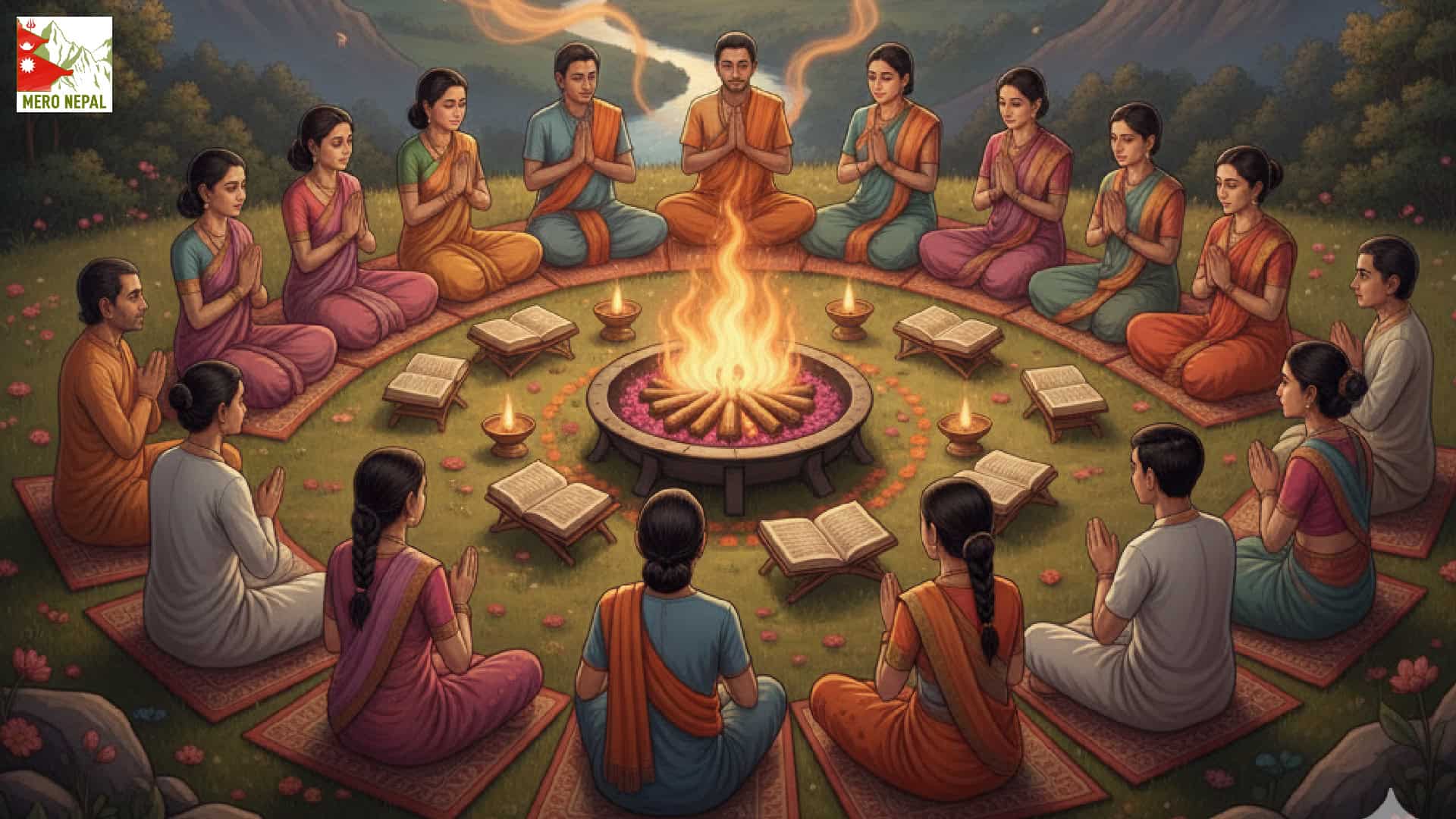World Sanskrit Day is celebrated annually to honor and preserve the Sanskrit language and its rich cultural, religious, and literary heritage. Scholars, teachers, students, and linguists worldwide observe this day to recognize the importance of Sanskrit, its literary treasures, and its contribution to global culture.
Importance of Sanskrit Language
Sanskrit is one of the oldest languages in the world. Classical texts such as the Vedas, Upanishads, Puranas, Mahabharata, Ramayana, Ashtanga Hridaya, and Yoga Sutras are preserved in Sanskrit. These texts provide invaluable knowledge on religion, philosophy, science, Ayurveda, yoga, literature, art, and social sciences.
Studying Sanskrit not only develops linguistic skills but also enhances logical thinking, memory, analytical abilities, and cultural understanding. Historically, scholars have considered Sanskrit a foundational language of knowledge, teaching ethics, dharma (righteousness), and social responsibility through its study.
Objectives of World Sanskrit Day
The day aims not only to promote language study but also to preserve its associated cultural, religious, and literary aspects:
Language Preservation: Maintain and promote the use and study of Sanskrit.
Educational Encouragement: Inspire students and teachers to engage in Sanskrit learning.
Cultural Awareness: Raise awareness of Sanskrit literature, poetry, drama, music, and cultural practices.
Global Connections: Strengthen relationships among scholars, linguists, and cultural institutions worldwide.
Spiritual and Moral Education: Sanskrit knowledge fosters ethical conduct, discipline, and spiritual awareness.
Celebration in Nepal
In Nepal, World Sanskrit Day is observed in schools, universities, and Sanskrit learning centers with various programs:
Educational Activities: Presentations on grammar, poetry, drama, and literary works in Sanskrit.
Poetry and Speech Competitions: Encourage students and scholars to showcase their Sanskrit knowledge.
Religious and Cultural Programs: Bhajan-kirtan, readings from Puranas, Sanskrit songs, dances, and dramas.
Social Awareness: Programs promoting the relevance of Sanskrit in modern life and its preservation.
These activities inspire new generations to learn Sanskrit while strengthening Nepal’s cultural identity.
Sanskrit in Modern Life
Even in today’s digital and modern world, Sanskrit maintains its relevance. Through online resources, digital libraries, mobile apps, and study materials, new generations can learn and use Sanskrit. The language continues to enhance critical thinking, logical reasoning, and ethical perspectives.
Conclusion
World Sanskrit Day is not just about preserving a language; it emphasizes the need to safeguard an entire cultural and spiritual heritage. Protecting Sanskrit ensures that future generations inherit knowledge, awareness, ethics, and cultural identity.





